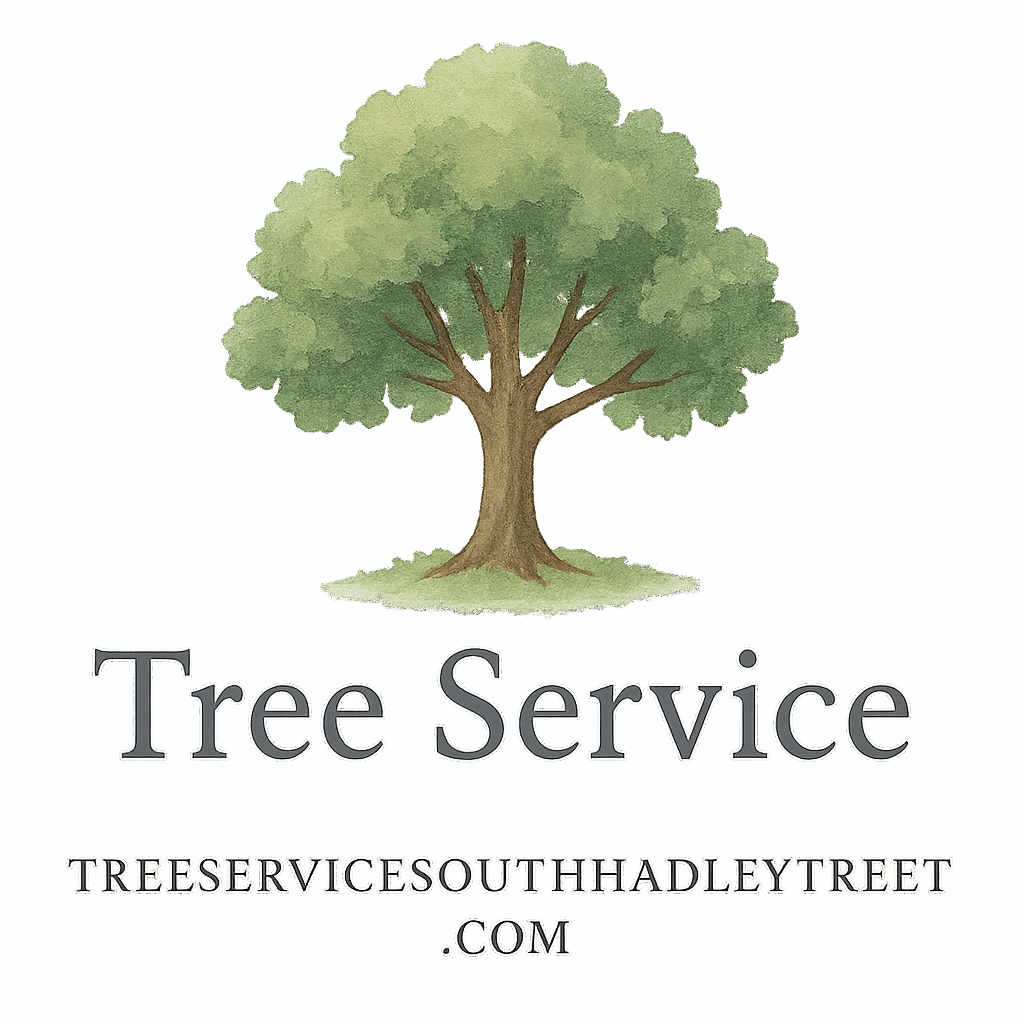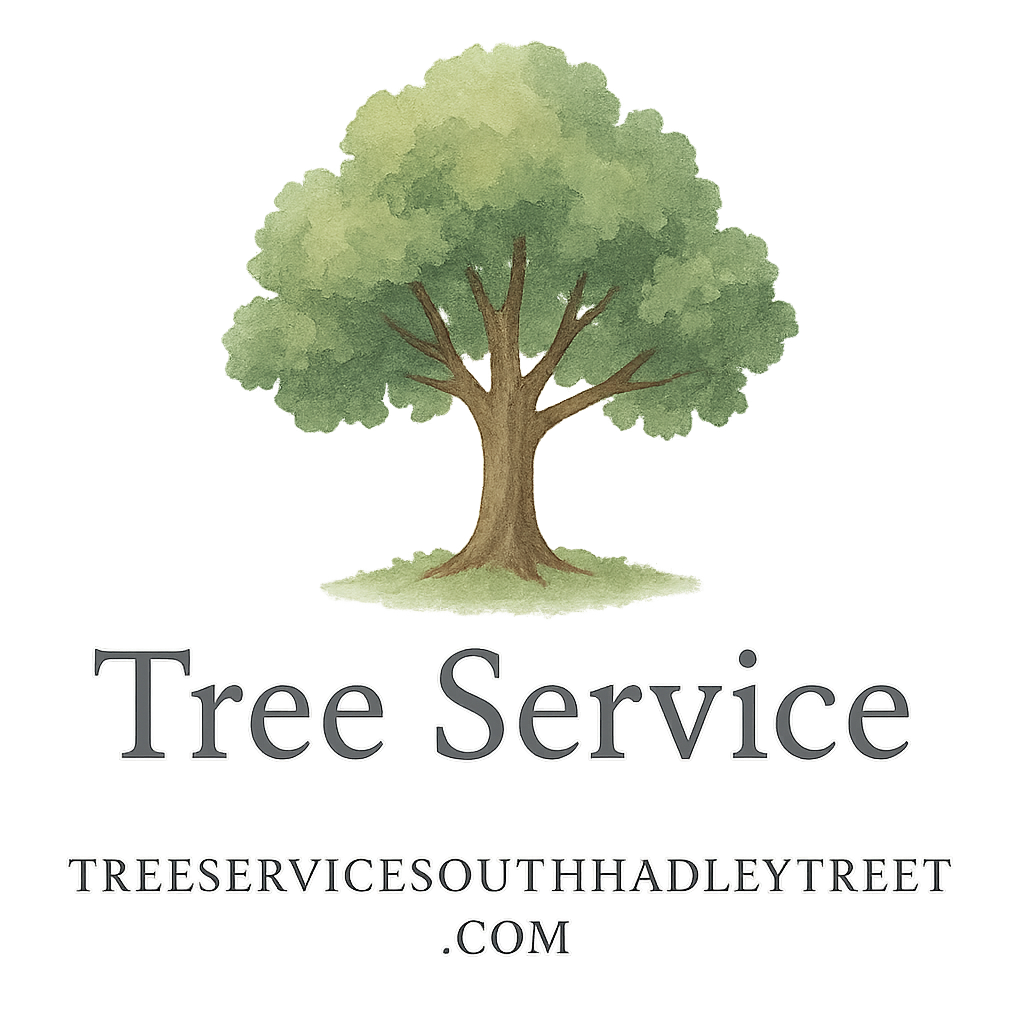Introduction
If you’ve lived in South Hadley for any length of time, you already know how unpredictable our weather can be. One minute it’s sunny and calm, the next a storm barrels through leaving downed trees, scattered branches, and uprooted stumps in its wake. Sound familiar?
When storms strike, your trees often take the brunt of the damage. Whether it’s a split trunk, dangling limbs, or total collapse—knowing what steps to take can prevent further damage, save money, and even protect lives. That’s where professional tree service solutions come in.
Let’s dive into 10 essential services you need after a major South Hadley storm—and how to choose the right team to help restore your landscape safely.
1. Emergency Tree Assessment
Why Immediate Inspection Is Critical
After a storm, the first thing you should do is schedule an emergency tree inspection. Trees may look fine from the outside, but internal damage or root shifts can cause them to collapse later. That’s a risk you don’t want hanging over your home or family—literally.
Tree pros can help assess whether your trees are salvageable or require removal. Our emergency tree service specialists are trained to detect hidden dangers, offering you peace of mind.
Common Post-Storm Tree Hazards
- Split or cracked trunks
- Broken limbs hanging overhead
- Uprooted or leaning trees
- Snapped power-line entanglements
- Bark wounds or root exposure
Each of these is a red flag and needs to be addressed quickly.
2. Fallen Tree Removal
How Professionals Handle Dangerous Removals
Dealing with a tree lying across your driveway or roof? Don’t grab the chainsaw just yet.
Tree removal after a storm is no DIY task. It requires precision, equipment, and an understanding of tree weight distribution. Professionals use cranes, rigging gear, and advanced techniques to safely cut and haul away trees without causing further damage.
Learn more about tree removal and trimming here to understand what’s involved.
3. Tree Trimming and Pruning Post-Storm
Safety and Aesthetics Combined
Storms can turn a well-kept yard into a tangled mess. Trimming removes unstable limbs, prevents future breakage, and helps trees redirect energy to healthy growth.
Tree Trimming vs. Pruning: What’s the Difference?
- Trimming is about shaping the tree and improving airflow.
- Pruning is more technical—removing diseased or damaged limbs.
This service is essential to keep your trees looking good and staying strong post-storm. It’s a core part of the tree service basics every homeowner should know.

4. Cabling and Bracing Damaged Trees
When a Tree Can Still Be Saved
Not all storm-hit trees need to be chopped down. If the damage isn’t structural, arborists can install support systems like cables or braces to stabilize trunks and limbs. It’s like putting a cast on a broken bone—allowing the tree to heal naturally.
Cabling is especially common for beloved shade trees or rare species you don’t want to lose.
5. Emergency Stump Removal
Preventing Trip Hazards and Regrowth
Stumps left behind after a storm aren’t just ugly—they’re dangerous. They attract pests, rot, and become tripping hazards. Worse, they can even sprout again, undoing your cleanup efforts.
Check out how stump removal works and why it’s a must after severe weather.
6. Storm Cleanup and Debris Hauling
More Than Just Raking Leaves
Post-storm cleanup is one of the most underrated but essential tasks. It’s not just about appearance—it’s about safety. Sharp branches, hidden wires, and unstable debris can cause injury if not handled properly.
Professionals offer storm damage cleanup that includes hauling, chipping, and eco-friendly disposal. Learn more under our storm-damage tag.
7. Tree Health Inspection and Disease Prevention
Catching Problems Before They Spread
Just because a tree is still standing doesn’t mean it’s healthy. Storms can expose your trees to fungal infections, bark damage, and pest infestations.
A thorough tree health and safety inspection ensures no hidden issues remain. If you want your trees to thrive long-term, tree health and safety checks are essential.
8. Preventative Tree Maintenance for the Future
Building a More Resilient Landscape
Here’s the truth: Most storm damage is preventable.
Regular trimming, soil care, root protection, and canopy management make your trees stronger against wind, snow, and rain. This is the heart of tree maintenance, and it pays off big when the next storm rolls through.
9. Seasonal Tree Service Planning
Why Spring and Fall Matter Most
South Hadley’s seasonal shifts are no joke. Planning ahead with seasonal tree services prepares your landscape for heavy snow, wind, and rain.
- Spring: Best time for pruning and disease checks.
- Fall: Ideal for bracing, fertilization, and leaf cleanup.
Need help? Our seasonal experts are just a click away.
10. Hiring a Local South Hadley Tree Service Expert
Questions to Ask Before Signing a Contract
Finally, make sure you’re working with real pros. Ask:
- Are you licensed and insured?
- Can I see before-and-after photos?
- Do you offer emergency services?
- What’s included in your quote?
To simplify things, check out this tree service hiring guide and don’t miss our checklist for choosing the right team.
You can also compare services with our comparison tag and ensure your money is going to professionals who care about your trees as much as you do.
Conclusion
Major storms in South Hadley can turn your peaceful backyard into a disaster zone. But you don’t have to handle it alone. Whether it’s emergency tree removal, trimming dangerous limbs, or planning for the next season—there’s a solution for every situation.
The key is acting fast and partnering with professionals who know the local terrain and understand the urgency.
So, the next time Mother Nature decides to throw a tantrum, don’t panic. Just call your trusted tree service and get back to enjoying the view—storm-free.
Want to get started? Reach out to us today!
FAQs
1. What’s the first thing I should do after a tree falls in my yard?
Call a licensed tree service to assess the situation. Avoid going near the tree, especially if it’s near power lines.
2. Can I remove a damaged tree myself?
It’s not recommended. Tree removal is dangerous and requires professional tools and experience.
3. How do I know if a storm-damaged tree can be saved?
A certified arborist can inspect the structure and root system to decide if cabling, trimming, or removal is best.
4. How much does storm-related tree service cost?
It varies based on the severity. Check out our guide on tree service pricing for more info.
5. Are there any tree services specific to South Hadley’s climate?
Yes! We offer South Hadley-specific seasonal solutions tailored to local tree types.
6. How can I prevent tree damage before a storm?
Regular pruning, root care, and professional inspections go a long way. Learn more under prevention.
7. What should I look for in a professional tree service?
Look for licensed professionals, positive reviews, detailed quotes, and a clear understanding of tree service questions.


